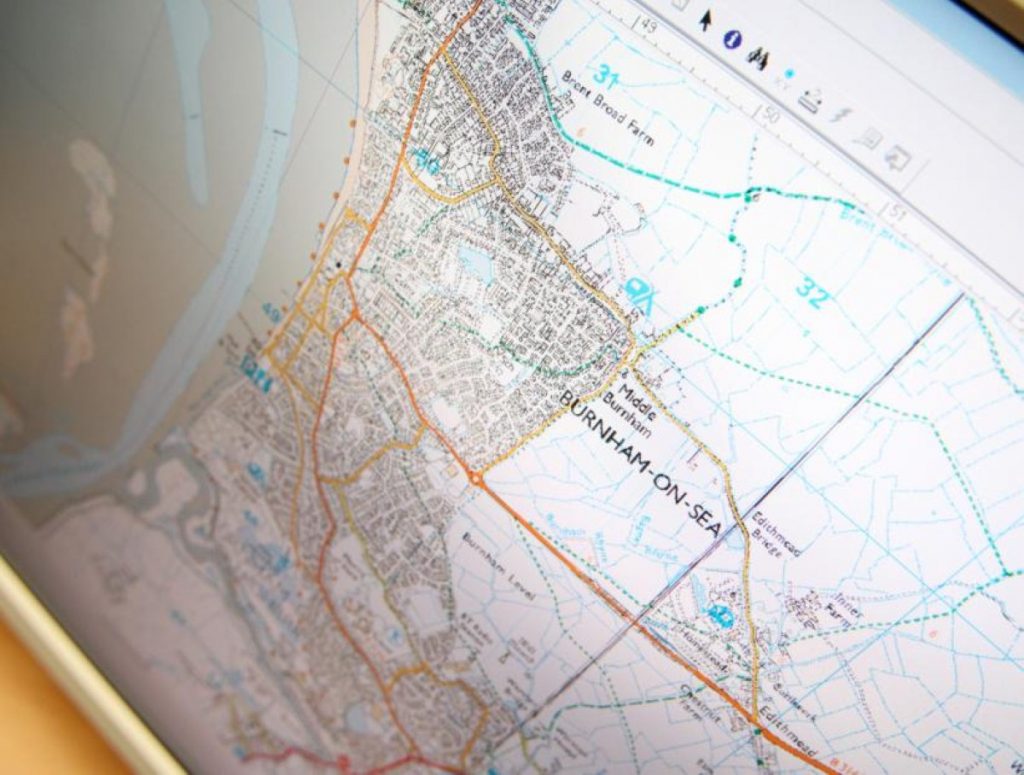How not splitting the electoral atom is to blame for boundary changes turmoil
By Alex Stevenson Follow @alex__stevenson
MPs in Westminster spend a lot of time worrying about the state of the economy. Other people's job prospects are of vital importance, as they will state in concerned tones repeatedly in the Commons chamber.
Privately, though, their main priority has always been, and always will be, their own job prospects. And, behind the scenes in Westminster this autumn, they're obsessing about nothing else.
The redrawn electoral map triggered by the coalition's boundary changes are at fault, of course. Constituency borders are in flux across the country as their sizes are ironed out and the total number of MPs falls from 650 to 600. MPs are facing tough fights with their colleagues in bitter, personal selection battles. Complacent MPs in previously safe seats are suddenly finding themselves with an alarmingly close contest on their hands. It might be an exaggeration to say that every chance conversation in Westminster is about boundary changes, but it's certainly preying on their minds.


Some of the more "mad and insane" proposals, in the words of Conservative party chairman Sayeeda Warsi, have been caused by the boundary commission for England's refusal to split the electoral atom, the council ward. These have formed the building blocks for each parliamentary constituency. But they're often a bit too big.
The boundary commission for Scotland has been able to split wards, because it has a better IT system. England is only expected to make the upgrade in time for the 2020 election, giving the commissioners a little more flexibility next time around. That's fine and dandy, but it won't be much consolation to those MPs who feel aggrieved as a result of the 2015 changes. Party strategists I've spoken to are seriously considering using this chink in the boundary commissioners' armour to attack the initial proposals.
Their arguments may not prove decisive, I'm told. At the first hearings the commissioners have been distinctly unenthusiastic about proposals to split wards. It just doesn't look like something they're keen on, in England, at least. Perhaps part of the reason for their reported intransigence is that they're clinging on for this election – because things could change by 2020.
Gearing up for the 2020 battle
It has been suggested in some quarters that the boundary changes ruckus currently being endured by MPs will be repeated in the run-up to every general election. If the English commissioners switch to the better data now used by their Scottish counterparts, the problem could diminish.
There's a further factor involved: constituency boundaries, constantly fluctuating as populations shift over time, will create a need for further adjustments, it's reckoned. The huge change seen between 2009 and 2010, for example, was substantial in itself; imagine how that effect might be multiplied over five years.
There is a flip side to that argument. Those following the issue closely suspect the problem may not be as large as all that, after all. The 09/10 difference, it's argued, was in large part because 2010 was a general election year, when many more people will have sought to register for the first time.
We'll have to wait and see. Meanwhile, in the corridors of Westminster, it's exactly these sort of tortuous arguments which are preoccupying so many of our distinguished parliamentarians when they should be, you know, looking after our interests.
Many of them have already realised a depressing truth at the heart of the issue: the thorny constitutional headache created by the coalition's reforming drive might have proved easier to deal with if the English electoral atom had been split in 2015, rather than 2020.









